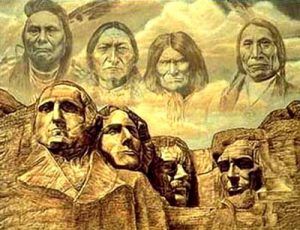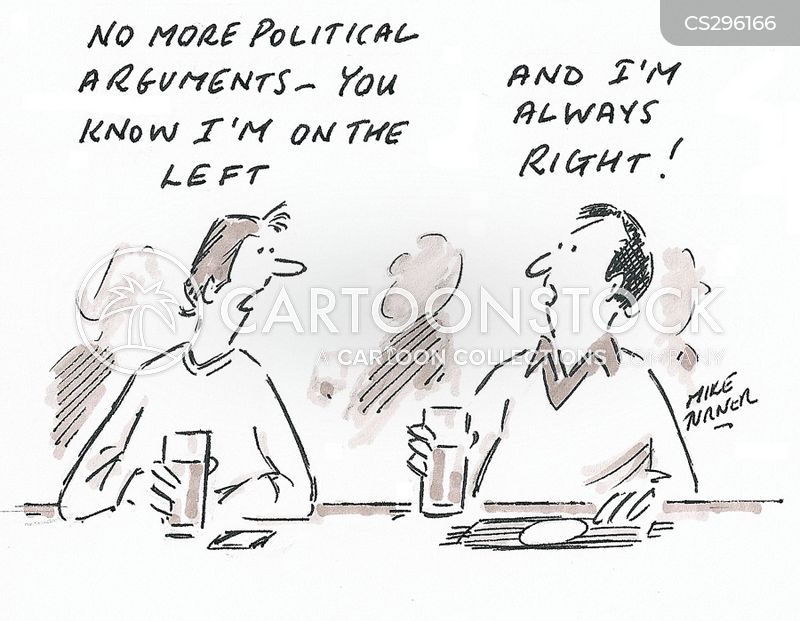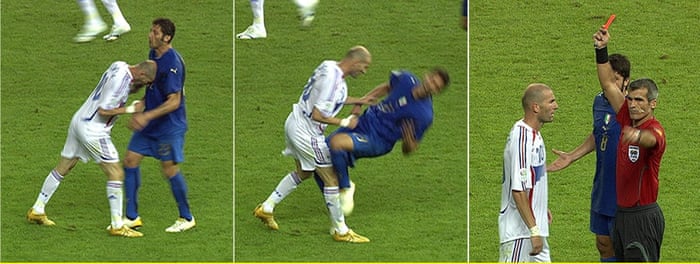
The book, The Earth is Weeping: The Epic Story of the Indian Wars for the American West by Peter Cozzens tells the tale of the genocide of the Native Americans. At the beginning of the expansion, it was said that the Natives were savages who killed children and raped women. This led to the army declaring ‘total war‘, something the Nazis would later do to kill Jewish people, the disabled et al, which meant that the US army were justified and raping women and imprisoning them as sex slaves, the very actions the duplicitous accused the Natives of in order to justify their war.
Whilst reading the tale one has to admit that, reading about General Custer, making children run barefoot on razor sharp ice then shooting them in the face, one does have the smug feeling of, you wait Custer, you’ll get yours, but one has to be careful not to create a black and white picture of the events. He biggest argument in defence of the genocide is that the Natives were not all ‘A proud and noble band/Who farmed the Phoenix Valley/In Arizona land’ to use the words from the Peter Lafarge song, The Ballad of Ira Hayes, recorded by the likes of Johnny Cash, and it is true that some of the tribes went to war with other tribes and even wiped out whole tribes in land disputes (note the irony of one tribe wiping out another only to, months later, have themselves wiped out by the Americans for land), yet there is a marked difference between inter-tribal wars and the wiping out of an entire indigenous people. The claims that the Natives raped women and killed children is also true, but, most, not all, of the cases of these have been shown to be in retaliation of the same happening to their own people. Whilst we cannot condone this, it is important to put it into the context of it being, mostly, reactionary, and not initiated by the Natives.
The question we must ask here, is why did the Americans act in this manner? The first answer is greed. Many of the Natives slaughtered were killed along wagon trails to get to newly discovered plots of gold. The American dream has always been to get rich and with wealth gain status. Whilst it cannot be said that this was a new invent from the Americans having lived in such conditions in Europe prior, the notion that everyone can do so and if the only opposition to the dream is a few vagabonds, then there is no obstacle.
The white Europeans had a very different concept of ownership to the Natives. There is a quotation passed down from many generations, so much so that the origins have been lost, which lays out the Native notion of ownership, namely we own nothing and belong to something greater than us:
‘When the blood in your veins returns to the sea,
and the earth in your bones returns to the ground,
perhaps then you will remember
that this land does not belong to you,
it is you who belong to the land’
whereas, to the Americans, seeing a people without farms and fixed roots, homesteads and churches, assumed that they were vagabonds and therefore had no rights as a civilised people as, to be blunt, how could they be civilised if they did not toil the land or drink whiskey? All this led to the dehumanisation of a people, and once the ‘enemy’ have been made less than you, then if you exploit them it doesn’t matter. Thusly, treaties could be broken for, if the Native does not conform to your ‘civilised’ ways, then surely, they are responsible for the consequences? And if you are a General in an army who is bored, insecure, wanting to impress, then so what if you wipe out a village? After all, there is no difference to killing animals to killing vagrants. And if you are implementing Manifest Destiny, the belief that the colonising of the land was the Will of God, then not only are you civilising the world, but you are doing it with God’s blessing! Or, as Bob Dylan put it in his song about the history of America, With God on Our Side:
‘Oh, the history books tell it
They tell it so well
The cavalries charged
The Indians fell
The cavalries charged
The Indians died
Oh, the country was young
With God on its side’
In the modern world we constantly hear how slavery is America’s Original Sin. This is not the case. Slavery, as terrible as it is, was a by-product of the genocide of the Native and indeed African Americans helped with the genocide. The term Buffalo Soldier was given to the black soldiers by the Natives, whether out of respect or due to an aesthetic similarity to the buffalo is unknown but it just reinforces the point that the genocide of the Native is the Original Sin of America and all founding Americans are complicit in it.
We hear a lot about racial justice, racial justice referring to the treatment of African Americans at the hands of the police, the justice system, and much of society yet it is clear that this will not come about until the Original Sin is addressed. European Americans (note: I am using European Americans to denote white people as to say Black Americans is considered racist so instead of calling them all Americans who just happen to have different skin colours, one must point out that they are not ‘true’ i.e. white Americans, another problem why America struggles with racism is this absurd inability to call a spade a spade and say we are all Americans) will not have to march saying ‘You will not replace us’, nor carry guns for defence against their own country, nor will African Americans live in fear of the police if all band together to address the real Original Sin, the genocide of the Natives.
‘till next time (I fear)


